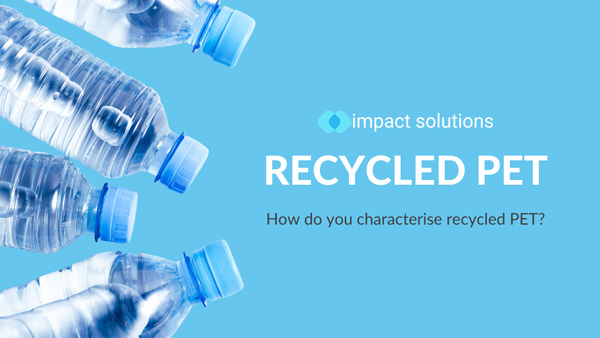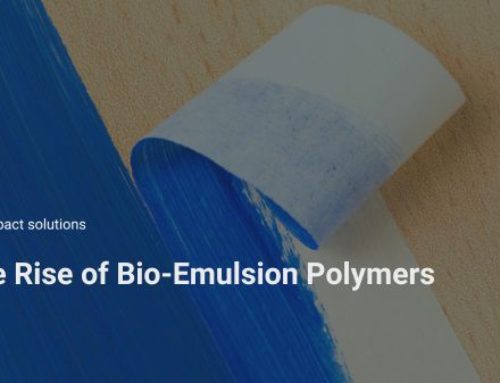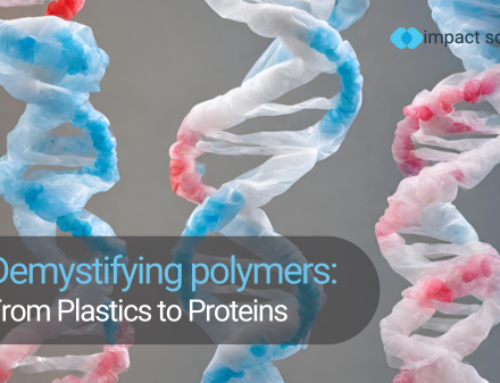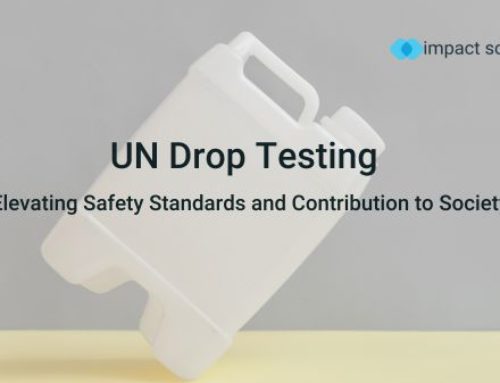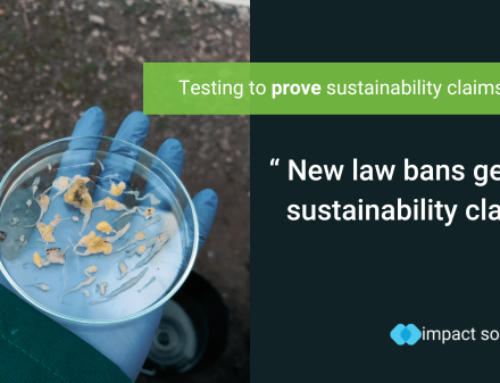PET (Polyethylene terephthalate) has had a significant impact on our environment. When introduced to the market, it was heralded as an innovative material that would revolutionise food packaging and water bottle production. It has become important that we find ways to enhance the recyclability of PET in order to minimise its environmental impact.
We look at characterising recycled PET through the European standard BS EN 15348. The standard aims to ensure that recycling plastics minimises the need for continuous production, which will ultimately reduce any harmful emissions towards air, water and soil. By lowering emissions and waste levels, there will not only be positive environmental effects, but it will also ensure no harm is imposed to human health.
To adhere to this standard, several prerequisites must be met to ensure waste is treated appropriately. This involves the implementation of proper recycle schemes as well as sustainable industrial recycling operations, among others.
How do you characterise recycled PET to BS EN 15348?
The required characteristics needs to measure PET recyclate are as follows:
- Shape
- Maximum particle size determination
- Colour
- Fine particle content
- Determination Melt Mass-Flow Rate
- Water content
- PVC content
- Polyolefin content
- Other residual content
The following optional characteristics can also be used; however, this depends on the agreement between the purchaser and the supplier:
- Intrinsic Viscosity (I.V.)
- Alkalinity
- Filterability
- Colour
What are the benefits of this test standard?
By ensuring compliance with this standard, businesses can be sure they are operating in a more sustainable way and promote waste plastics within the supply chain.
It provides a full understanding of the properties of the recycled PET, giving assurance that the end product is market-ready and will meet customer expectations. It will also provide companies with the proper documentation they require to ensure quality control and characterisation for recycling purposes.
Plastic Packaging Tax
With the Plastic Packaging Tax (PPT) fast approaching, it is crucial that plastic packaging meets the new tax parameters and contains a minimum of 30% recycled content. Therefore, testing is required to protect your brand to ensure your content is verified, allowing for you to design your packaging so that it can be reused.
Impact Solutions have worked with a large consortium and BSI to develop BS Flex 6228, a new industry-led BSI Flex standard that identifies the level of PET-recycled content in plastic products, enabling you to avoid potential penalties from the Government.
For more information on this test, click here.
Contact us today!
The correct assessment of whether a material is recyclable requires not only knowledge of the technical requirements but also an understanding of the limitations of existing recycling technologies. Therefore, at Impact Solutions, our technicians are here to carry out a variety of material tests to ensure your product meets your targets and deliver results that are accurate, timely, and actionable.
Contact us today to learn more about how we can help you.
If you would like to receive regular updates from us, subscribe to our newsletter.

